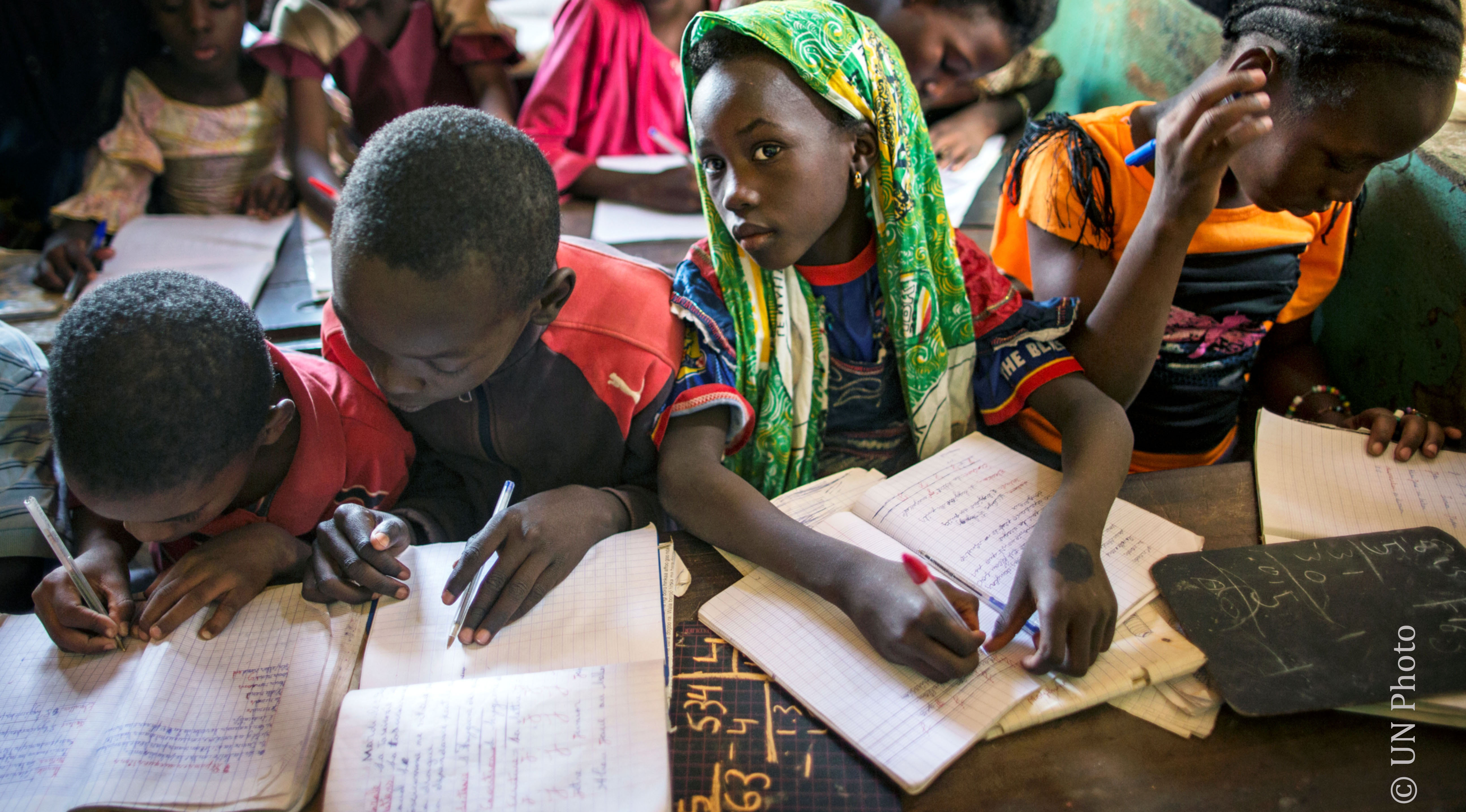The Global Community Engagement and Resilience Fund (GCERF) was established in 2014 as an initiative of the Global Counter Terrorism Forum (GCTF). The primary objective of GCERF is to strengthen community resilience by providing small grants to community-level, grassroots initiatives that address the local drivers of violent extremism. This is crucial for three primary reasons:
First, local communities have innovative ideas about how to prevent and counter recruitment and radicalization to violent extremist agendas. Second, while these communities may have the insight and inspiration, they often lack the funding to launch their innovative solutions and the capacity to sustain them. Third, engaging communities and building their resilience is an important component of wider national and international efforts to prevent and counter violent extremism.
As a result of its apolitical, independent, and neutral funding structure, GCERF is able to access the most-at-risk communities, thereby complementing the bilateral efforts of donors.
In 2016 GCERF is funding local communities and grassroots initiatives in Bangladesh, Mali, and Nigeria. Specifically, the Fund is supporting 60 initiatives that involve 52 implementing community-based organizations. Over the next three years, these GCERF funded initiatives will directly engage more than half a million beneficiaries and mobilize more than 47,000 community-level change agents. Ultimately, it is expected that more than 1,5 million people vulnerable to radicalization to violent extremism will benefit from GCERF grants. Building on this success, GCERF is now beginning to partner with Kenya, Kosovo and Myanmar to support similar initiatives next year.
Preventing violent extremism will allow us to achieve more peaceful and inclusive societies and bolster economic growth. To do so the international community must continue to allocate resources to strengthen global and regional efforts, support national strategies, explore innovative ways to engage private sector, and build capacity at the community level to prevent radicalization to violent extremism.


